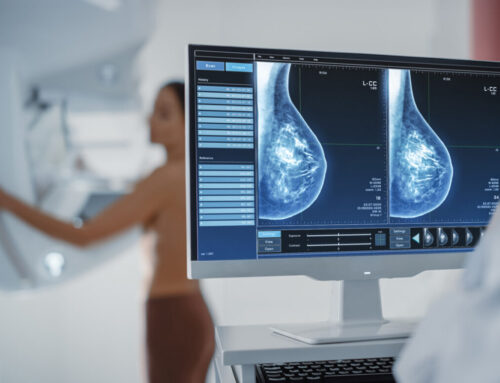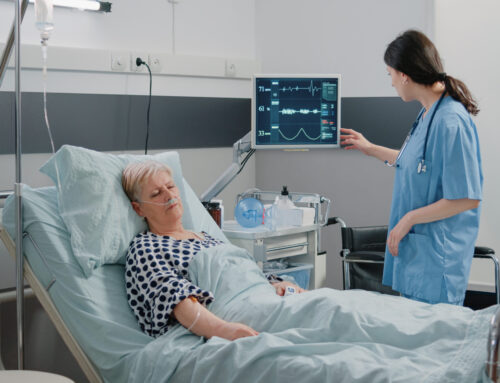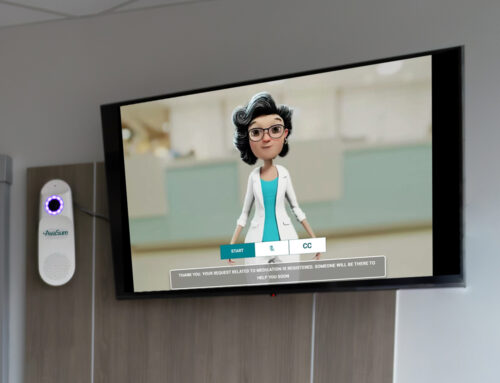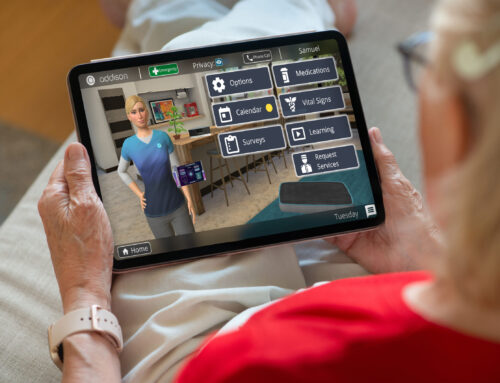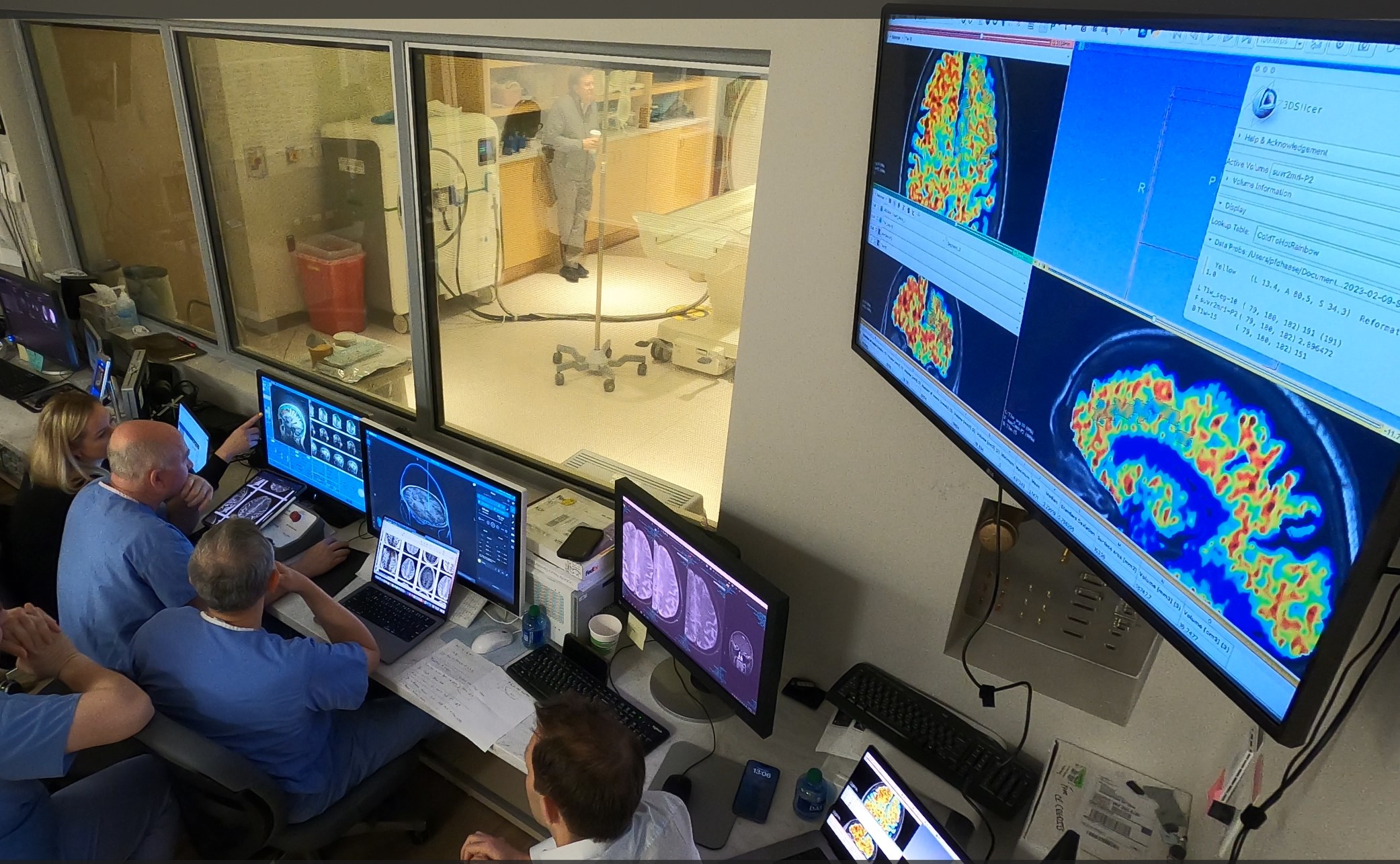
The WVU RNI team, shown in the MRI suite’s control area, plans ultrasound blood-brain barrier treatment.
In a landmark development for Alzheimer’s treatment, the West Virginia University Rockefeller Neuroscience Institute (RNI) has reported significant progress in reducing brain amyloid plaques, a hallmark of Alzheimer’s disease. This pioneering research, recently published in the New England Journal of Medicine, introduces a novel approach combining focused ultrasound with antibody treatment to enhance the clearance of amyloid-beta plaques in Alzheimer’s patients.
Historically, anti-amyloid-beta (Aβ) monoclonal antibody therapies, such as aduncaumab, lecanemab, and donanemab, have been constrained by the blood-brain barrier (BBB). While crucial for protecting the brain from harmful substances, this barrier also restricts therapeutic access. Dr. Ali Rezai, M.D., lead author of the study and executive chair of the RNI, explains, “More than 98 percent of drugs struggle to cross the BBB. Our research shows how focused ultrasound can temporarily open this barrier, enhancing antibody access to targeted brain areas.”
The RNI study, a first-in-human proof-of-concept, involved three Alzheimer’s patients aged between 59 and 77. These patients underwent six standard monthly infusions of aducanumab antibody, followed by focused ultrasound (FUS) treatment developed by Insightec to open the BBB in areas with high amyloid-beta plaque concentration. Dr. Rezai elaborates, “We observed an average of 32 percent more reduction in amyloid-beta plaques in brain areas treated with FUS. This is a significant advancement in non-invasive outpatient procedures for BBB opening and drug delivery to the brain.”
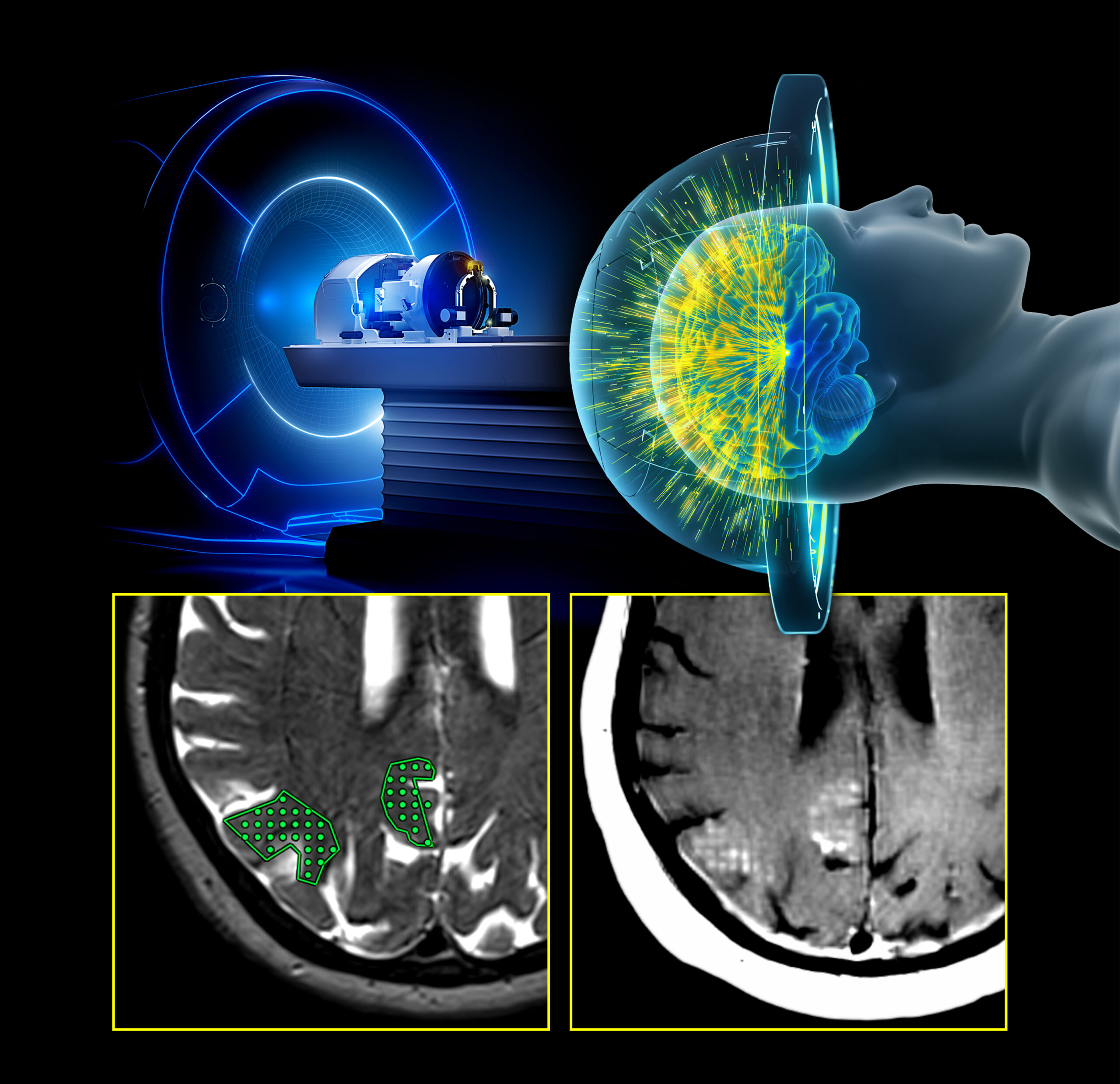
This illustration of the MRI-guided focused ultrasound system includes a representation of treatment delivery, the target region, and the corresponding opening of the blood-brain barrier demonstrated by contrast enhancement.
The safety and efficacy of this approach are noteworthy, as indicated by PET scan measurements showing increased plaque reduction. Dr. Rezai adds, “The next phase of our clinical trial, commencing this year, will explore further acceleration of amyloid-beta removal using focused ultrasound in conjunction with lecanemab antibody.”
Dr. Marc Haut, Ph.D., director of the RNI Memory Health Clinic, shares this development’s optimism. “This is an exciting time in Alzheimer’s treatment. The potential improvements in patient outcomes from our research offer hope to many patients and families coping with Alzheimer’s.”
As Alzheimer’s disease continues to challenge the medical community, this breakthrough at the WVU Rockefeller Neuroscience Institute marks a promising step forward. By combining focused ultrasound with advanced antibody therapies, the researchers at RNI are advancing scientific understanding and opening new therapeutic possibilities for Alzheimer’s patients worldwide.


